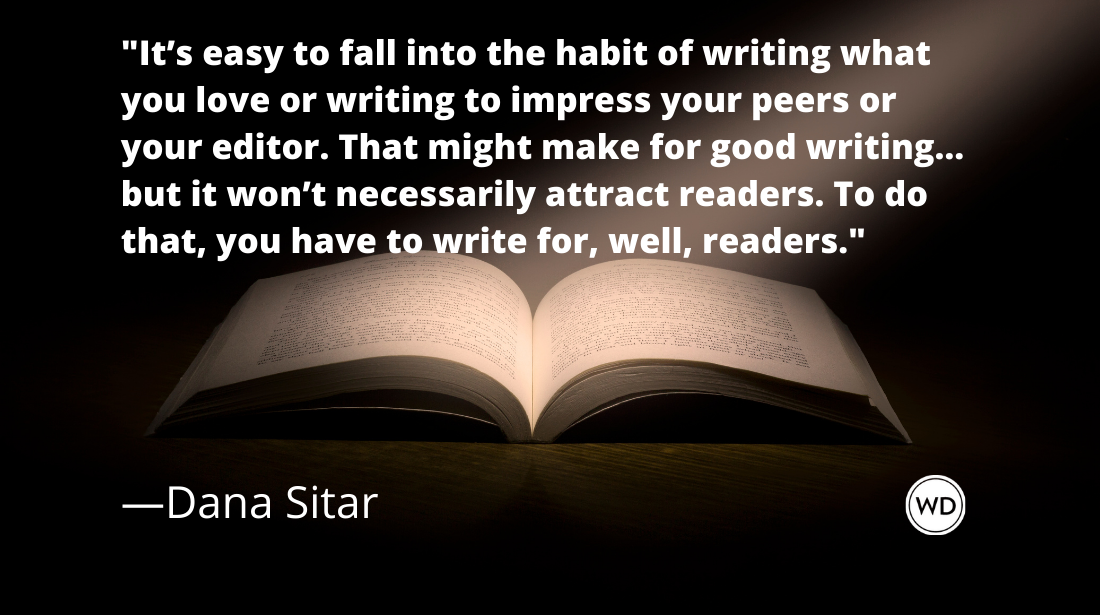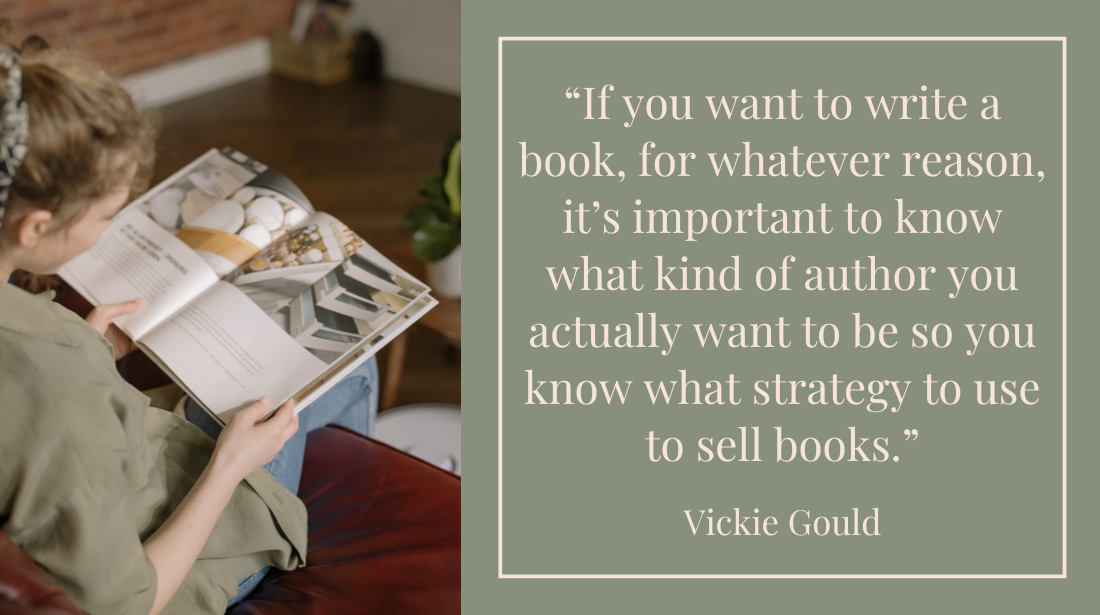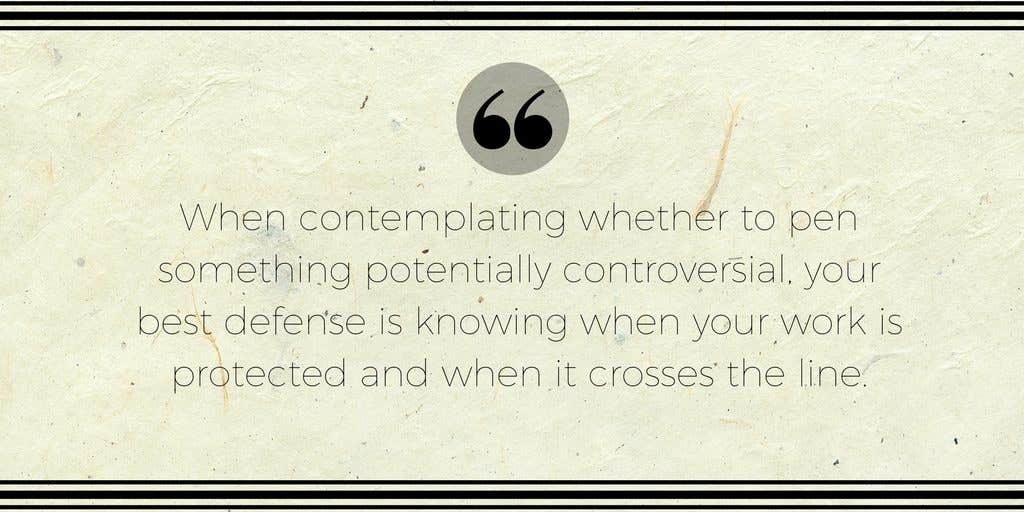Are You an Ethical Writer?
Take our quiz on journalistic ethics and see if your writing integrity is up to snuff.
There's more to being an ethical writer than simply following the mantra: "Don't be like Jayson Blair and Stephen Glass." All writers, and especially journalists, have a responsibility to maintain high ethical standards. Yet at every writing conference I teach, I encounter writers who don't know the proper protocol when dealing with certain situations.
Below is a quiz to help sort out some common ethical dilemmas you may face during your career. Respected leaders in the field of journalistic ethics helped to decide the best answers.
Scenario No. 1
A public-relations professional tells you that if you publish an article or two including information about her client, she may be able to pass along a few extra baseball tickets to you. She adds that she's given spare tickets to other area writers recently and says there's no need to tell the editor about her idea. Your reaction:
a. Smile and think, What a score!
b. Tell your editor.
c. Tell the PR professional "No, thanks" and move on.
d. Ask for a large number of tickets so your whole office can go to the game.
Bob Steele, an ethics scholar at the Poynter Institute, says that two of the answers (B and C) are actually right. "I'd tell the PR person that I can't accept that offer because it violates the professional principle of journalistic independence," he says. "I'd also tell my editor, so she's aware of the proposition."
Regarding any scenario where you're promised or offered gifts for editorial coverage, know that if you take money (or anything of monetary value) from the source, you're opening yourself up to questions about your integrity. How can editors or readers trust your judgment when money changes hands under the table?
Scenario No. 2
You need to interview an important source, but the only free time he has is during lunch. He says to meet him at a restaurant so you can eat and talk. Your reaction:
a. Let him pick up the check when lunch ends.
b. Pick up the check yourself.
c. Cancel the interview altogether because you feel it simply must take place in the office.
No trick question here. Answer B is the only correct (and polite) choice, according to Bryce Nelson, professor of journalism at the University of Southern California's Annenberg School for Communication. "You don't want to be indebted to a source," he says.
In a situation like this, it's possible for both interviewer and interviewee to pay for their own meals, but if the bill comes on one check, and there's a moment of confusion concerning who's paying, pick up the check before the interviewee does and it's too late. Besides, you may find that, if cleared in advance, your publication will reimburse you for the meal.
Scenario No. 3
While researching an article, you find useful information on a Web site and want to copy a few paragraphs for your piece. Your reaction:
a. Copy, clip and paste.
b. Check for a copyright notice and, if you don't see one, consider it fair game.
c. Change the wording and structure here and there so it's not exactly the same.
d. Find the original author and contact her for permission.
People often mistakenly believe that anything on the Web is in the public domain. Not true. Copyright laws protect a person's writings as soon as they hit a fixed medium (and, yes, that includes the Web). That's why, according to Steele, the answer is D, and your first step is to find the original author and explain what exactly you'd like to do with the online information.
Using a small quote from a Web page—with attribution—is considered fair use in most cases. Nelson urges restraint, though, noting that, "Quotes should be 'little gems' that illustrate the larger point."
Deni Elliott, a Poynter ethics chair, says, "You can't take somebody else's paragraph and change the words around to make it yours—that could still be considered plagiarism." She adds that writers using small quotes or paraphrased thoughts must be scrupulous about crediting the original author: "Failing to reveal where the information came from is lying. It's the original voice of the author. If I don't tell you somebody else wrote it, you'll think it's mine by implication."
Scenario No. 4
You're on deadline and want to use a quote, but the quote could be even better if you tweaked it a bit. Your reaction:
a. Leave the quote alone—quotes are never to be altered in any way.
b. Draft a quote of your own, then call a source and ask if he wouldn't mind having his name attributed to it.
c. Massage the quote here and there so it's in the same tense as the rest of the piece and doesn't include "ums," "uhs," etc.
d. Alter the quote as need be so readers will under-stand the message better.
Two answers here can be deemed correct. Robert Gunnison, director of school affairs for the Graduate School of Journalism at U.C. Berkeley, had a clear first response: "Answer A. That's it!" Yet on a practical level, when asked about removing the "ums" and "uhs" (answer C), he says, "I don't have much of a problem with that. I've left them when I thought it was appropriate. If they were just an obstruction to the flow of normal words, I took them out."
Steele says, "We're in the reporting and writing profession. We might appropriately, accurately and fairly edit a quote. I'd make sure that anything I leave out doesn't change the context of what the person said nor alter the tone of the message." But don't do anything beyond the simplest of changes to the quote, he adds. Altering words to make the quote longer or more interesting, for example, is never acceptable.
Scenario No. 5
The person you're interviewing just told you something fascinating but said it was "off the record." That means:
a. You can't print this information at all because it was told in confidence.
b. You can use this information only for background purposes to lead you to other people who may be willing to talk about it on the record.
c. You can report it, but you can't use the source's name.
d. Nothing, because you didn't agree that the discussion was off the record, and so there's probably no harm in going ahead with the story.
The best and clearest answer is A—in its strictest sense, going off the record means that the information conveyed is not to be used in any way professionally. But Elliott explains that "off the record" can be misconstrued to mean different things—especially to naïve sources. It's our responsibility as journalists to ask subjects exactly what they mean by that, and then negotiate around it if necessary, she says.
"Usually you agree to the ground rules before the interview," Nelson says. He adds that journalists should assume everything is on the record unless previously discussed.
Answer C is the definition of "on background"—meaning you can print the information and quotes, attributing it anonymously. (Think Deep Throat.) This, too, must be agreed upon by both parties.
B is an acceptable answer, but writers must be careful. When you're off the record, nothing is OK to print or mention openly in conversation. You can, however, seek out fresh sources and research materials based on your newly discovered information in an attempt to get someone else to talk on the record.
So how did you do? Some questions were more difficult than others, and a few scenarios had more than one answer. But the bottom line is to keep honesty and integrity foremost in your mind and use common-sense judgment—that way, we won't lump your name in with Blair and Glass one day.









